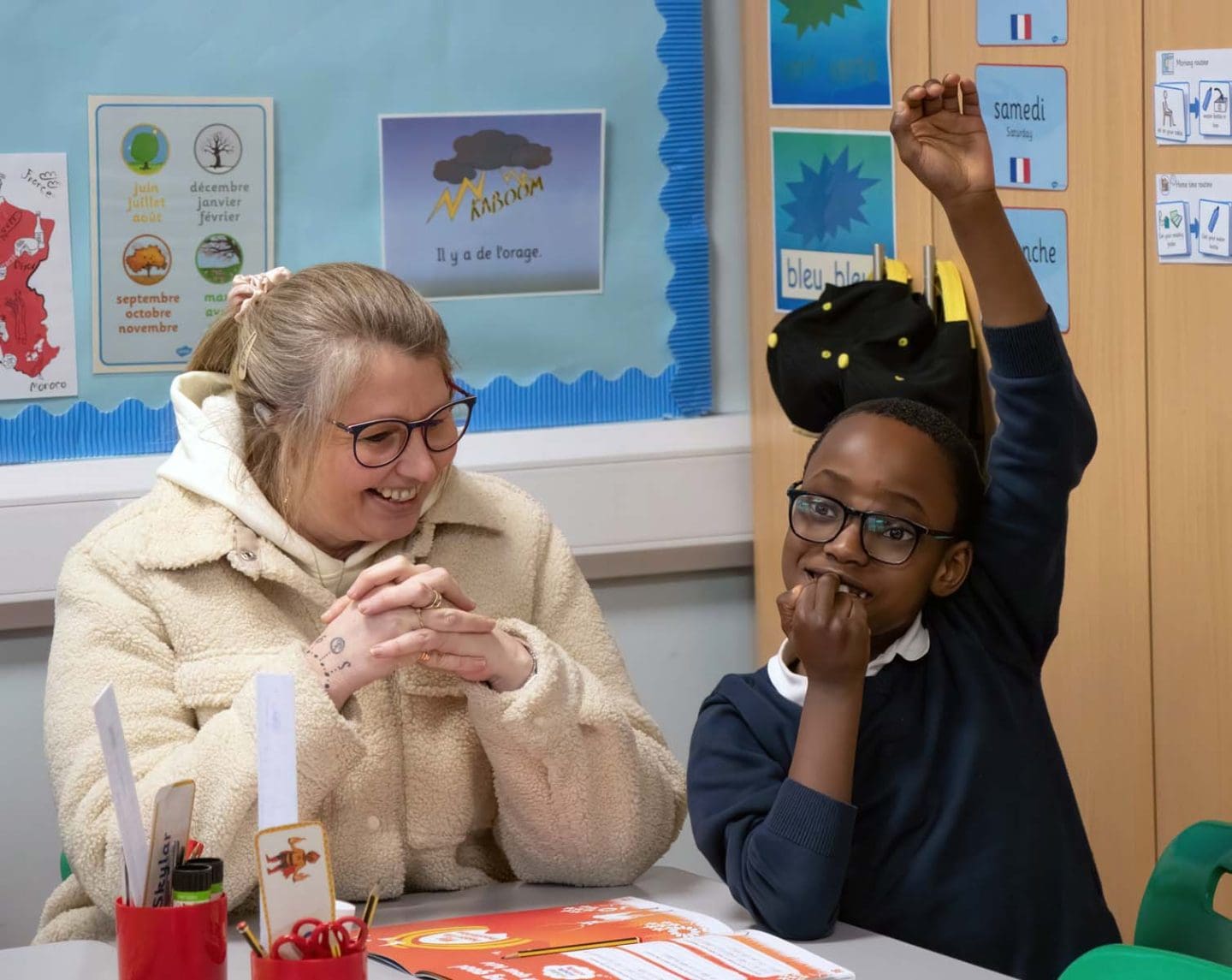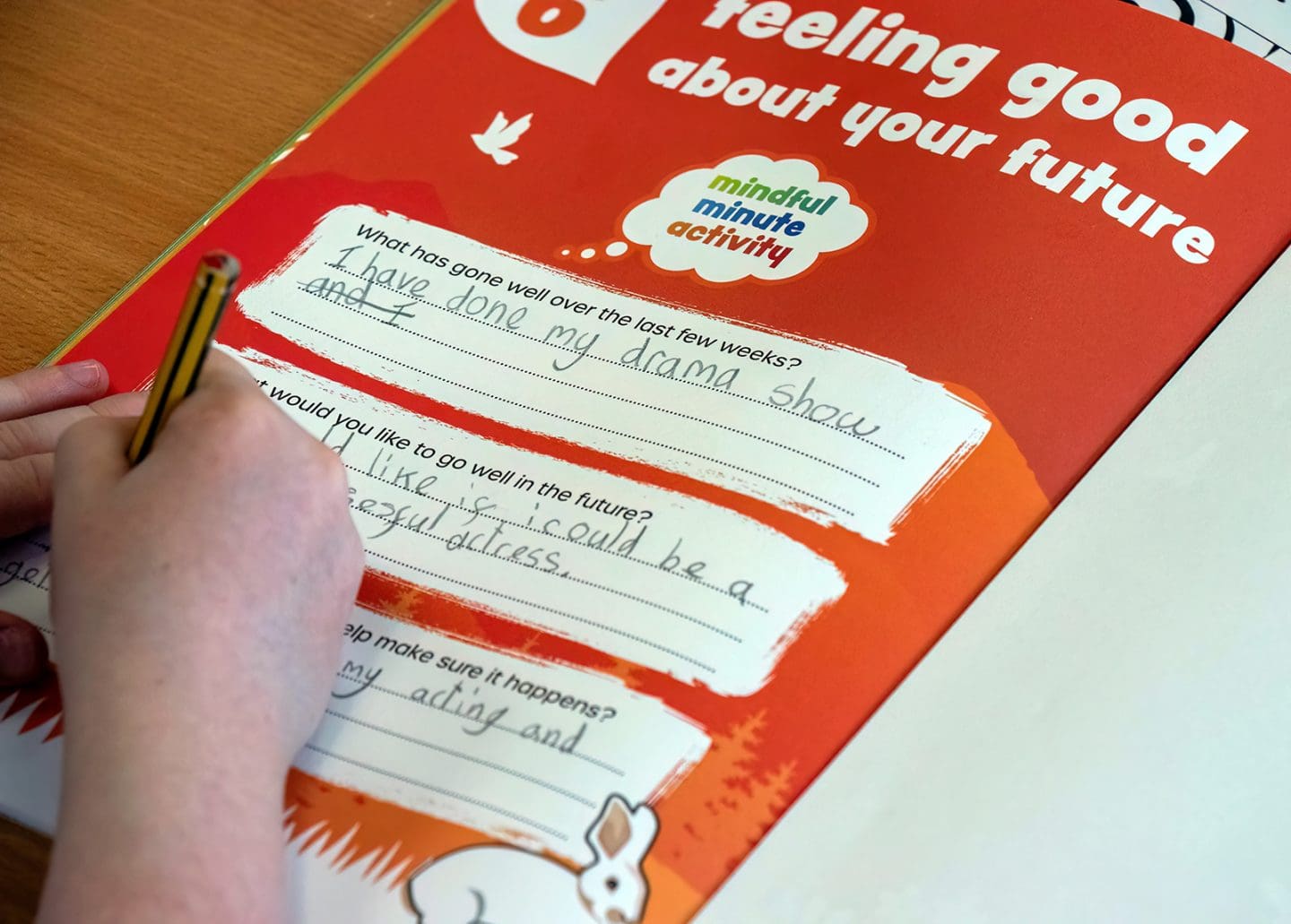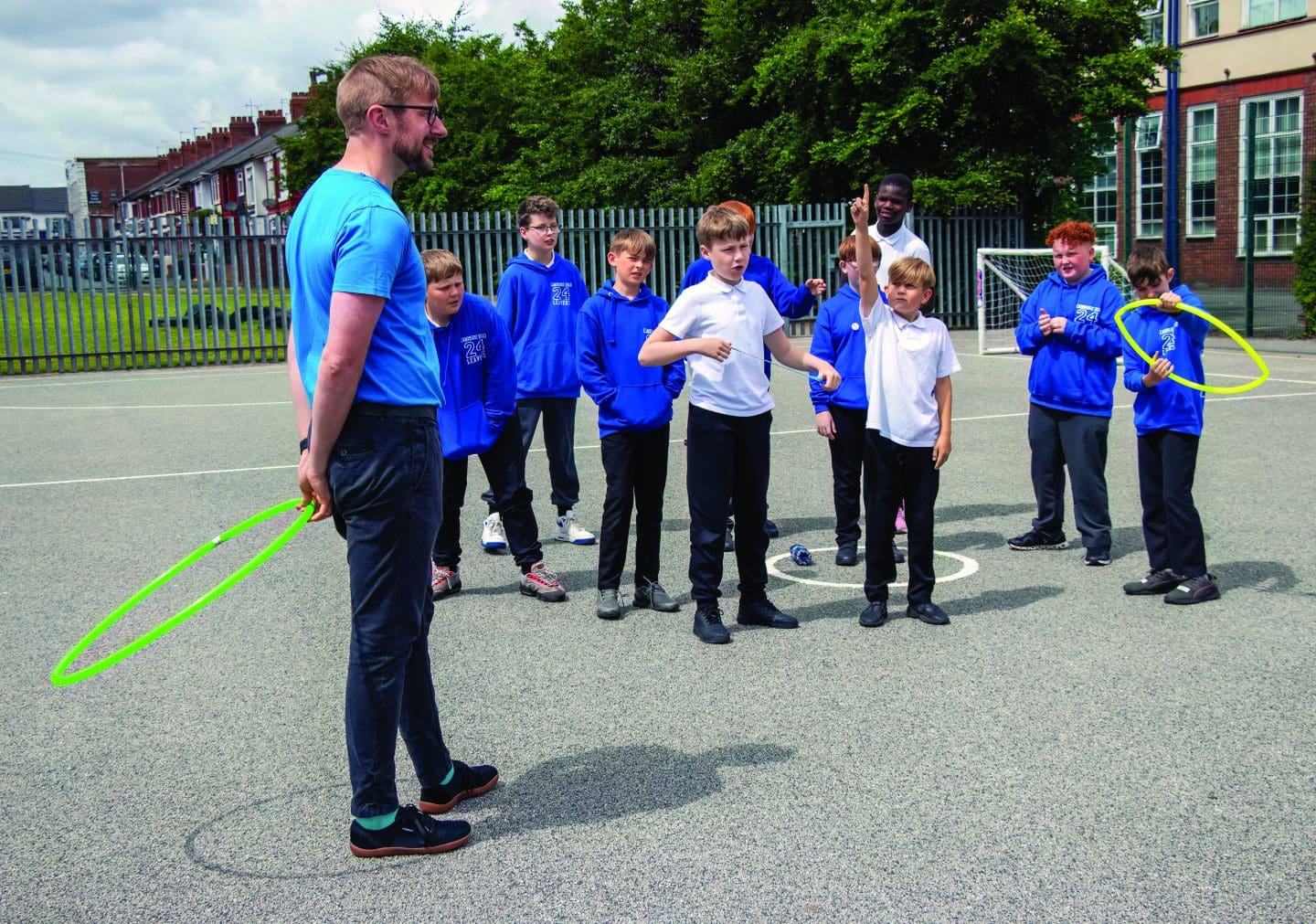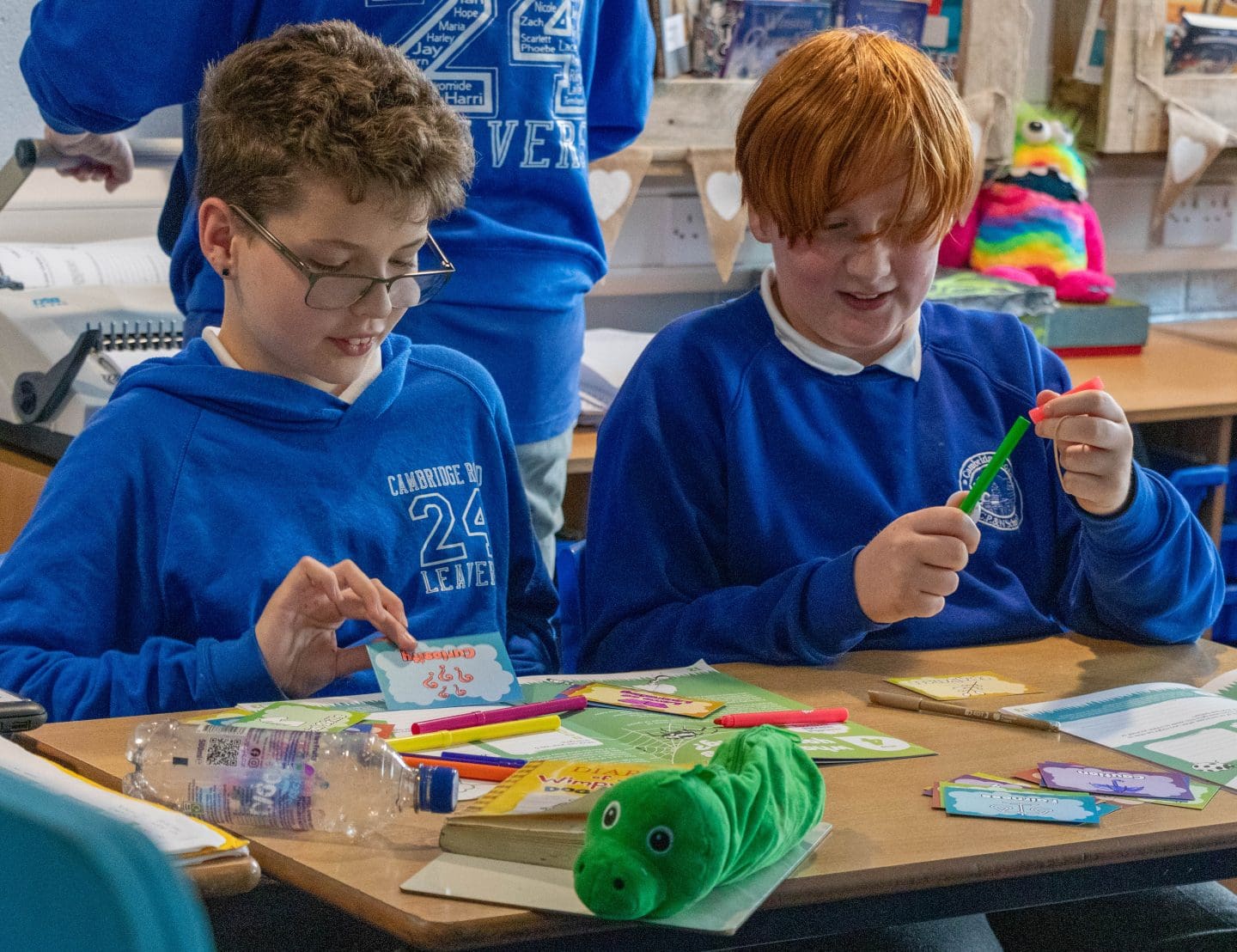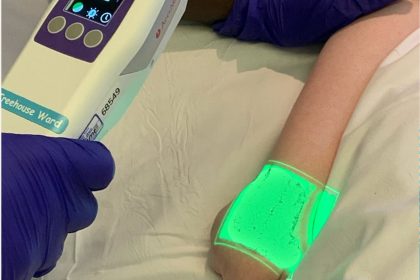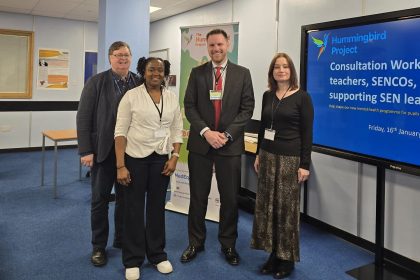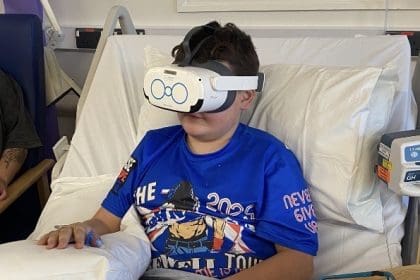
We are thrilled to be hosting the very first Hummingbird Project Conference in July at the University of Greater Manchester in Bolton.
Launched in 2017, the Hummingbird Project is an evidence-based, six-week course for North West primary and secondary schools, backed by university research and delivered free of charge by children’s charity MedEquip4Kids. The course uses principles of Positive Psychology to empower young people to take care of their mental health and is achieving measurable improvements in happiness and wellbeing and reductions in signs of anxiety and depression.
This summer we’re hoping to bring together academics, educators, healthcare professionals, charity donors, and anyone else with an interest in children’s mental health and wellbeing, at the Hummingbird Project Conference to find out more about our project and how our partnership has delivered positive mental health outcomes to over 8,000 school pupils in the North West.
The full programme for the Hummingbird Project Conference is yet to be confirmed, but will include presentations by researchers at the University of Greater Manchester, the University of Chester and the Open University, as well as the project delivery team at MedEquip4Kids.
The Hummingbird Project Conference will take place on 11 July 2025 from 10am to 1pm at the Deane Lecture Theatre, Senate House, University of Greater Manchester, Bolton BL3 5DG. Tea, coffee and a buffet lunch will be provided. Registration is free, but places are limited, so please register as soon as possible.
